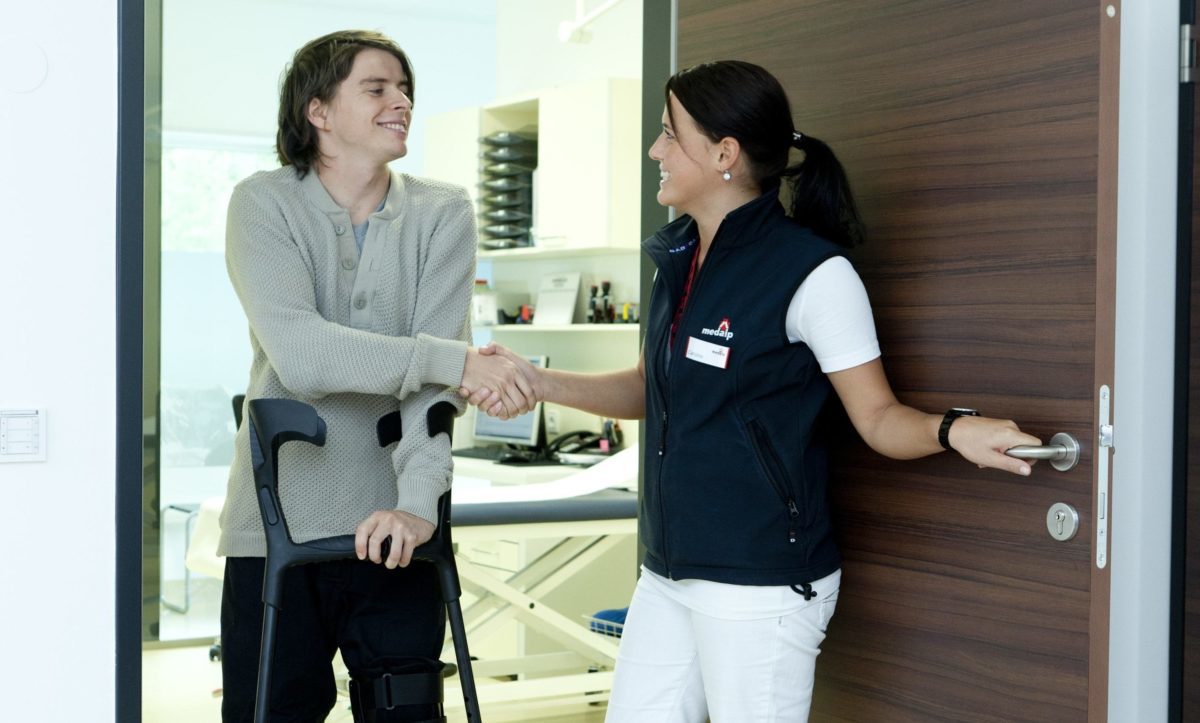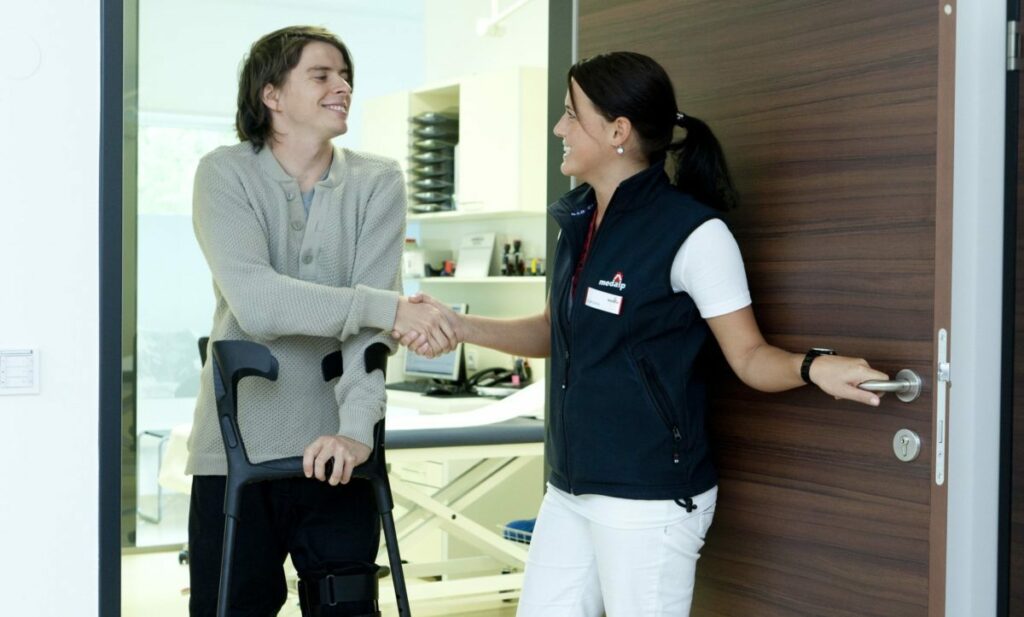
Growing up presents lots of difficulties, but one of the lesser appreciated challenges comes in the form of medical conditions that are linked to the process of turning from a child to an adult.
I recently helped a client who had been injured by something called a slipped upper femoral epiphyses, otherwise known as a SUFE. No one knows exactly what causes a SUFE, but it is believed they are linked to the growth hormones released during puberty.
What is a SUFE?
A slipped upper femoral epiphyses happens when the growth plate which sits underneath the ball joint at the top of your thigh suffers a fracture, and this causes the ball joint to slip out of the socket it is supposed to sit in.
A SUFE can present as pain in the hip area, or just pain in the knee. The only treatment is surgery, so it’s important that a diagnosis is reach as soon as possible, to minimise the risk of long term damage.
Lawrence’s SUFE and what went wrong
Lawrence, a teenager, was a very fit and active sportsperson. He had intermittent issues with knee and foot pain over the years, as would be expected. However, he suddenly began to complain of knee pain and developed a limp. His sports coach at school was so concerned that he contacted Lawence’s GP himself.
Lawrence saw his GP in January and February of that year. In January a foot issue was considered the problem and a referral made. In February, despite the limp and worsening pain, an urgent referral was not made to an orthopaedic surgeon. The records do not suggest that Lawrence was examined.
SUFE is particularly prevalent in adolescents and mainly affects males. The relevant GP held regular orthopaedic clinics in the local hospital so should have been on a high alert as knee pain is a classic symptom of a SUFE.
Early referral results in a surgery to pin the growth plate (ephyphises) in place to prevent further slippage. Unfortunately, Lawrence suffered a very painful, acute slippage 6 weeks after seeing his GP in the February. He required traction for 2 days and then a more intensive surgery.
How the delay in diagnosis of SUFE affected Lawrence
Lawrence has been unable to return to the sports that were such a big part of his life. His mental health suffered to an extent as a result. He has tried to find other sports that he can carry out that are not so painful for his hip. He is hoping that a proposed surgery will improve his condition.
We have team expertise and experience in dealing with SUFE cases and were able to instruct renowned experts to advise on the particular issues. Sadly, all allegations were denied until after proceedings were issued and served.
One issue here was how long after the second GP appointment the SUFE slipped. Would an earlier diagnosis have stopped Lawrence from needing surgery, or changed the outcome in other ways?
Fortunately, our relationship with experienced medico-legal experts and barrister ensured that we were able to show that the delays had significantly impacted Lawrence’s recovery.
Negotiations were commenced shortly after the court process began and a 5-figure settlement sum agreed. The nursing expertise in our team also helped to narrow the issues and ensure a successful outcome for Lawrence.






